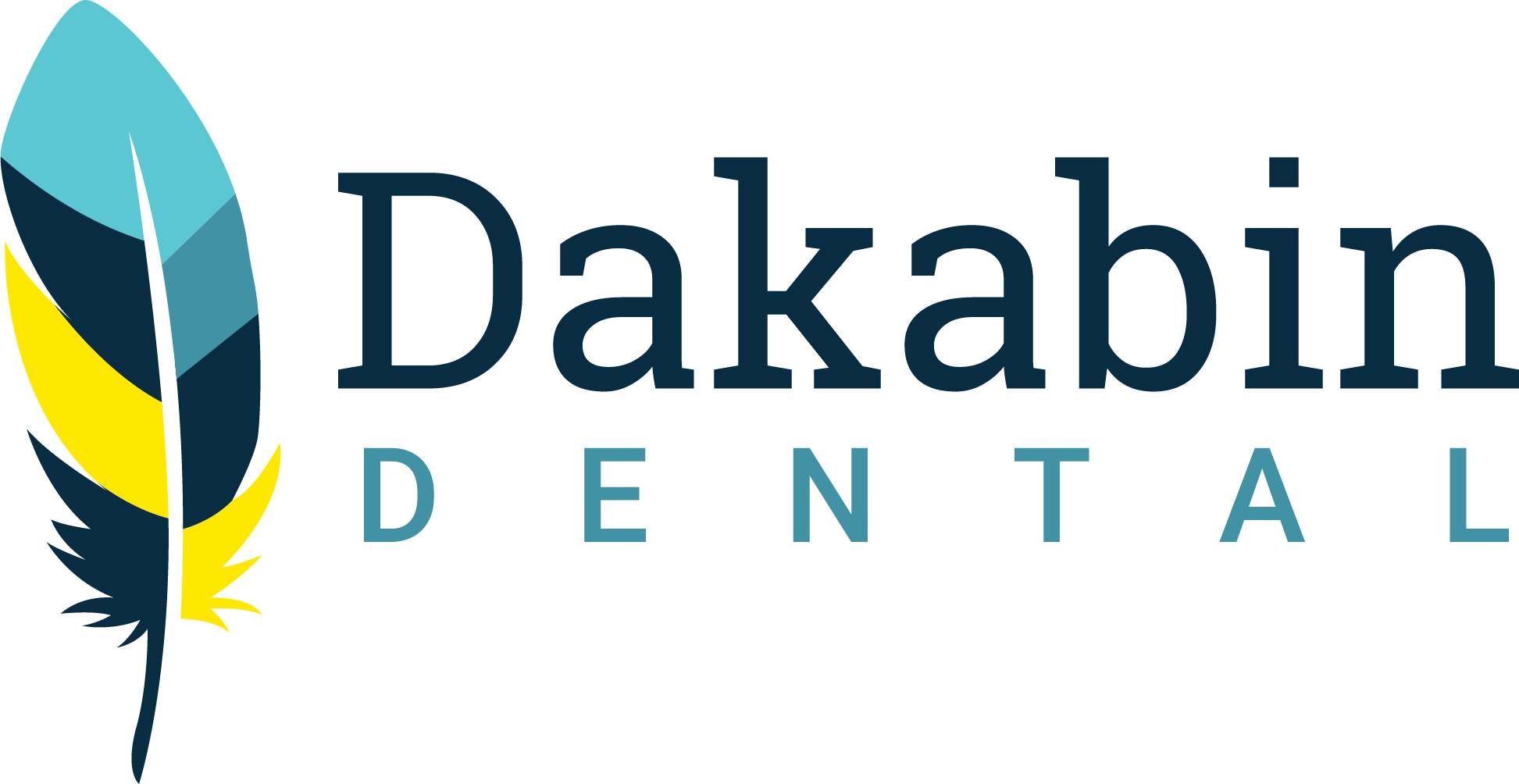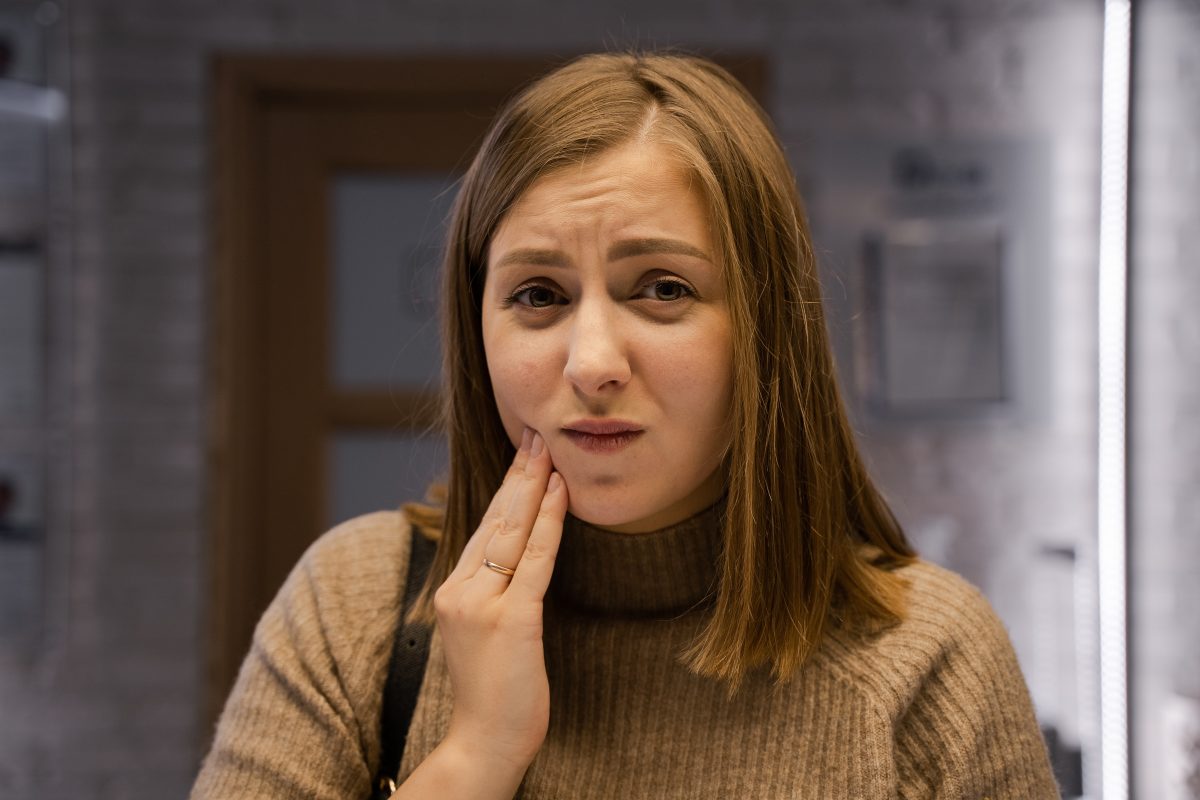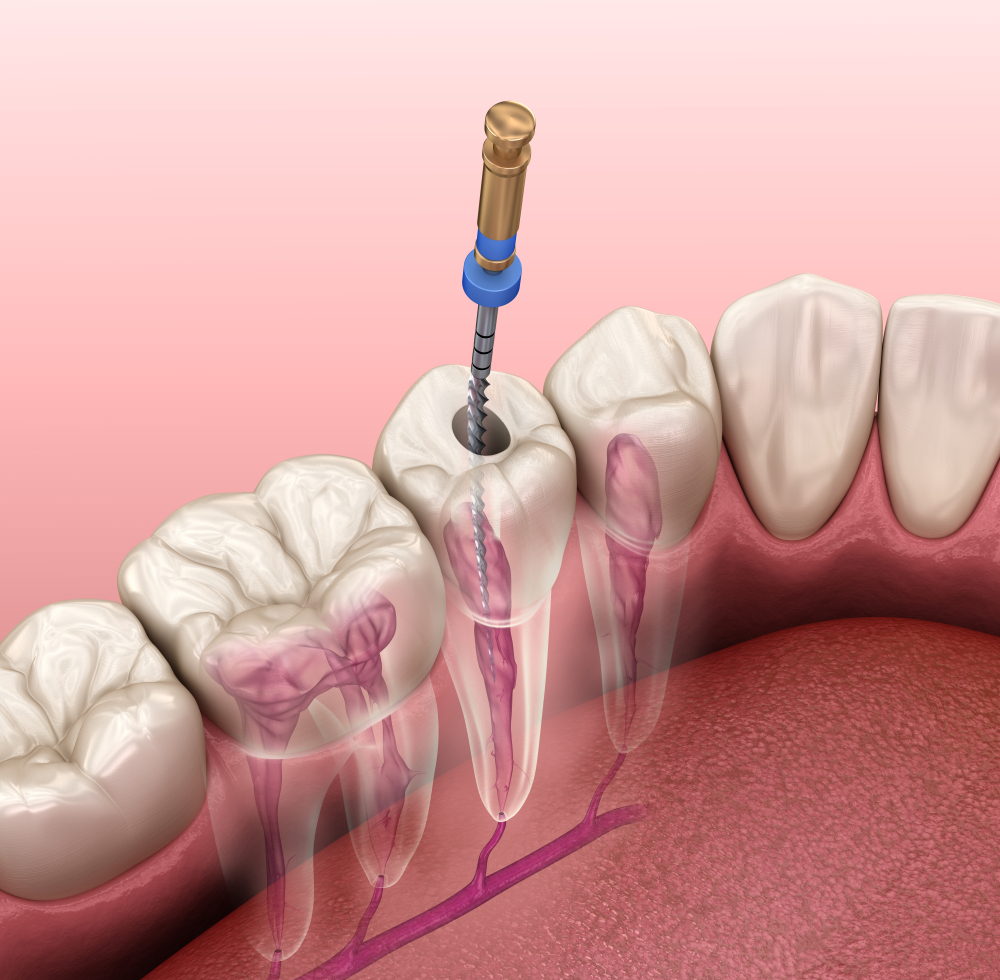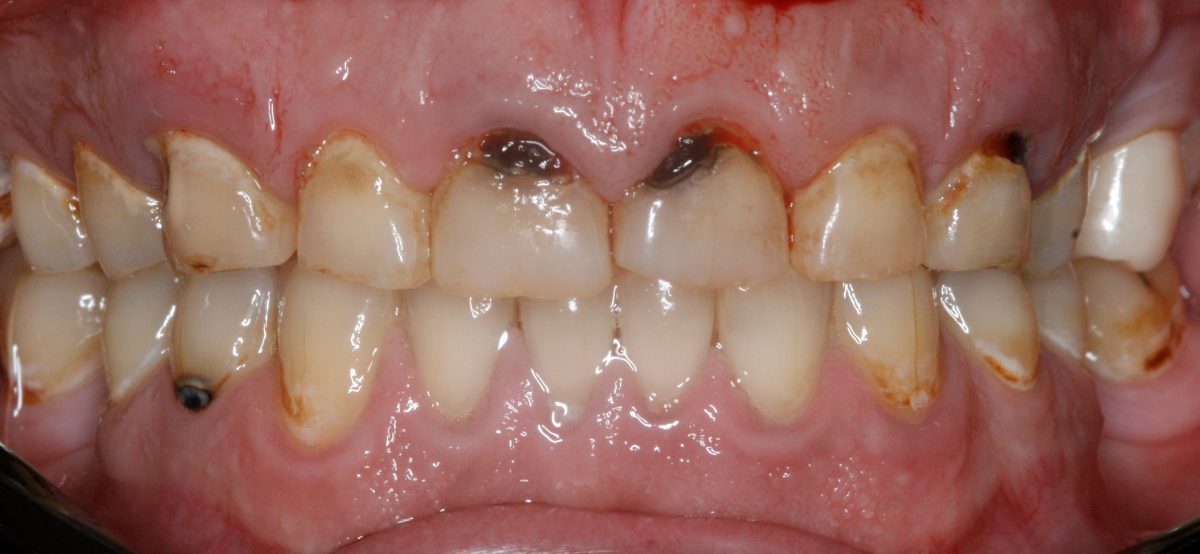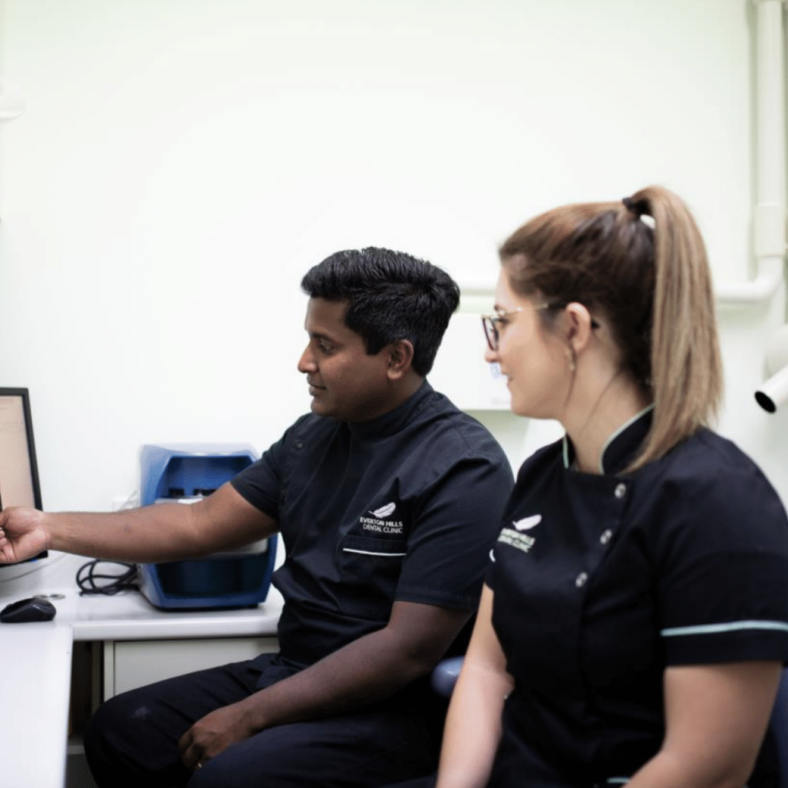Tooth sensitivity, characterised by discomfort or pain when consuming hot, cold, sweet, or acidic foods and beverages, is a common dental issue. While it can be bothersome, understanding the causes and knowing how to alleviate, prevent and reverse tooth sensitivity is essential.
In this article, we will explore the common causes of tooth sensitivity and provide professional advice on how to address this discomfort.
1. Causes of Tooth Sensitivity
Tooth sensitivity can result from various factors. Understanding the root causes is the first step in finding an effective solution. Here are some common culprits:
- Exposed Dentin: Dentin is the layer beneath the tooth enamel, and when it becomes exposed due to enamel erosion or gum recession, it can lead to sensitivity.
- Tooth Decay: Cavities can cause sensitivity, especially if they reach the inner layers of the tooth where nerves are located.
- Worn Tooth Enamel: Grinding or clenching your teeth, known as bruxism, can wear down enamel over time, leading to sensitivity.
2. Treatment Options
When tooth sensitivity strikes, there are several treatment options to consider:
- Desensitising Toothpaste: You may have heard of Sensodyne toothpaste? Special toothpaste designed for sensitive teeth can help block pain signals from reaching the nerve. Use it regularly for the best results.
- Fluoride Application: Your dentist can apply fluoride varnish or gel to strengthen the enamel and reduce sensitivity.
- Dental Bonding: In cases of exposed dentin or small cavities, dental bonding can cover sensitive areas, reducing discomfort.
3. Prevention and Maintenance
Preventing tooth sensitivity is often the best approach. Here are some preventive measures to consider:
- Maintain Good Oral Hygiene: Brushing your teeth with fluoride toothpaste and flossing regularly can prevent tooth decay and gum disease, which can cause sensitivity.
- Use a Soft-Bristled Toothbrush: A soft-bristled toothbrush is gentler on your teeth and gums, reducing the risk of enamel erosion and gum recession.
- Avoid Acidic Foods and Beverages: Acidic foods and drinks, like citrus fruits and carbonated sodas, can erode enamel. Limit your consumption or use a straw to minimise contact with your teeth.
- Wear a Nightguard: If you grind your teeth at night, wearing a nightguard can protect your enamel from further wear.
Your Path to Dental Comfort: Reverse Tooth Sensitivity
Tooth sensitivity can be both uncomfortable and concerning, but with the right knowledge and care, it’s a condition that can be managed and even reversed. Understanding the underlying causes, seeking professional dental care when needed, and practising preventive measures are essential steps to alleviate and prevent tooth sensitivity.
At Dakabin Dental, our team of experienced dental professionals is here to assist you with any concerns related to tooth sensitivity. If you’re experiencing discomfort or have questions about your oral health, we encourage you to book an appointment online today. We are dedicated to providing comprehensive dental care to ensure your comfort and well-being.
